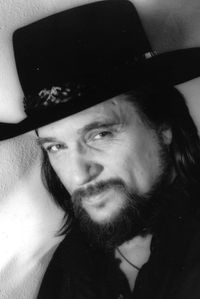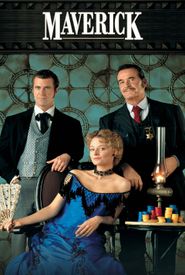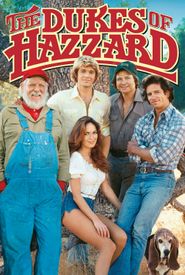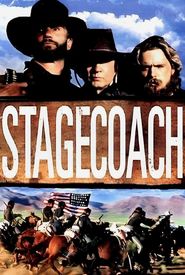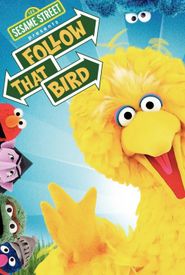Waylon Jennings, a renowned singer, songwriter, and guitarist, embarked on a remarkable music career that spanned five decades, yielding 60 albums and 16 number one country singles. His impressive discography earned him a coveted induction into the Country Music Hall of Fame in October 2001. Jennings' collaborations with Willie Nelson, including iconic duets such as "Mammas Don't Let Your Babies Grow Up to Be Cowboys," "Luckenbach," and "Good Hearted Woman," not only nurtured a progressive sound but also inspired a restless spirit that would later influence artists like Travis Tritt, Charlie Daniels, and Steve Earle.
Jennings' resonant, authoritative voice also made him a sought-after narrator for the popular television show The Dukes of Hazzard (1979),for which he sang the theme song, which became a million seller. He attributed his success in narrating the show to his ability to target his narration at children, making it accessible and engaging.
Jennings was known for his distinctive style, often wearing a black cowboy hat and ebony attire that accentuated his black beard and mustache. He was an enigmatic figure, often reclusive when not on stage, but his music was characterized by its earthy, spirited, and hard-edged quality. Jennings' well-defined image was a reflection of his history of battling record producers to maintain creative control and do music his way. He believed in the importance of independence, stating, "There's always one more way to do something-- your way."
Jennings' album titles, such as "Lonesome, On'ry and Mean," "I've Always Been Crazy," "Nashville Rebel," "Ladies Love Outlaws," and "Wanted: The Outlaws," further solidified his brash persona. Despite his reservations about attending music awards shows, Jennings won two Grammy awards and four Country Music Association awards. He did not attend his induction into the Country Music Hall of Fame, citing his disdain for the competitive nature of the music industry.
Tragedy nearly cut short Jennings' career in 1959 when he gave up his seat on a plane that crashed and killed Buddy Holly, Ritchie Valens, and The Big Bopper. Jennings and Holly were teenage friends in Lubbock, Texas, and Jennings was a member of Holly's band. He credited Holly with teaching him an attitude towards music, emphasizing its importance and the need to break down barriers.
Born in Littlefield, Texas, Jennings began his music career as a radio disc jockey at 14 and formed his own band shortly thereafter. By the early 1960s, he was playing regularly at a nightclub in Phoenix. Jennings was signed by A&M Records in 1963 and later by RCA in Nashville, where he befriended Johnny Cash and became roommates. His hit records began in the mid-1960s, and his heyday was the mid-1970s. Jennings' outlaw image was a deliberate marketing tool, reflecting his genuine desire for creative freedom and his willingness to challenge the status quo.
